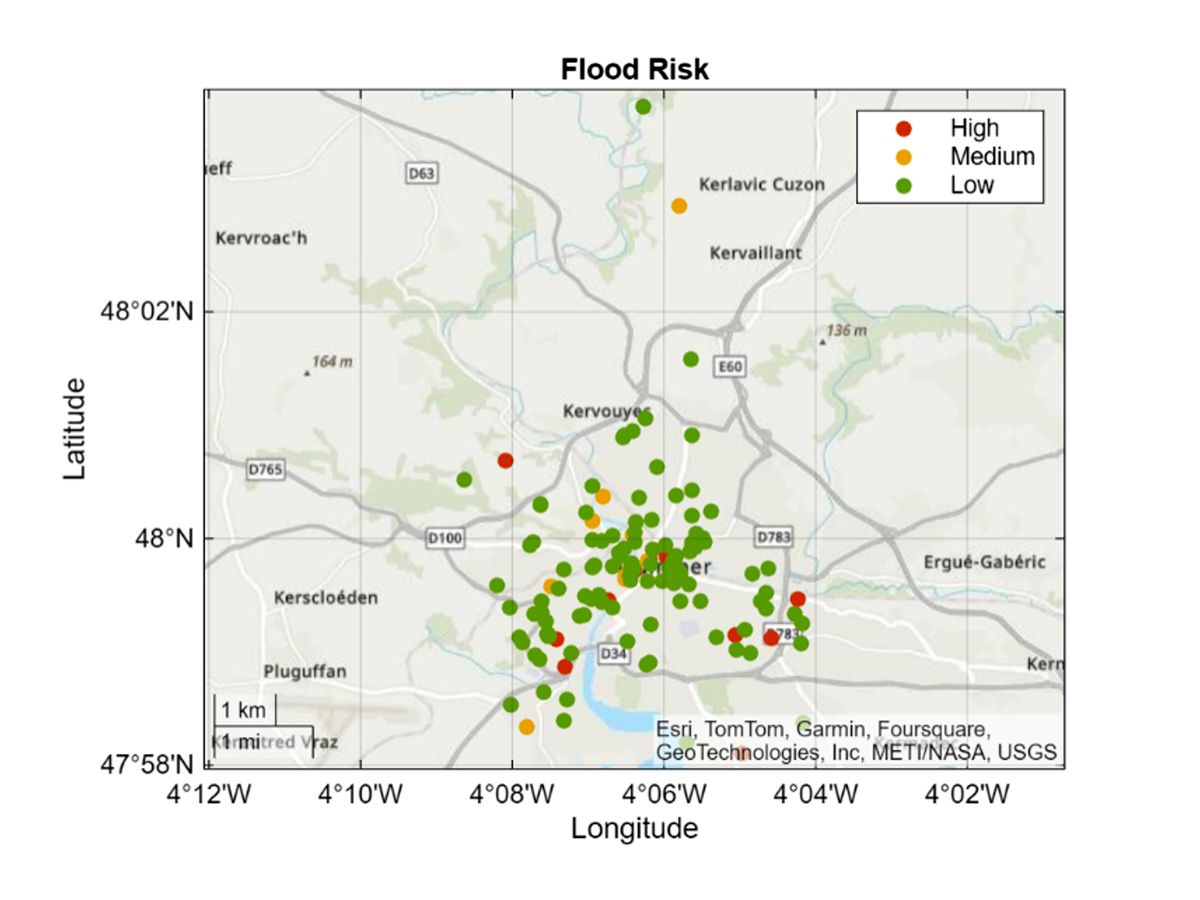CEGC Develops System to Quantify Climate Risk Exposure in Its Mortgage Portfolio
Climate Stress Testing Framework Enables Compliance with Emerging Regulations
“The partnership with MathWorks was highly effective and collaborative. The MathWorks team provided valuable guidance, ensuring CEGC could integrate new data and refine its models efficiently. This iterative process was crucial for the project's overall success.”
Key Outcomes
- MathWorks tools enabled the incorporation of both physical and transition climate risks in the Climate Stress Testing Framework, providing a holistic view of CEGC’s exposure
- MathWorks tools helped CEGC meet regulatory requirements for climate risk management
- Collaborative partnership with MathWorks Consulting Services enabled CEGC to build significant expertise in climate risk modeling, ensuring long-term sustainability
- CEGC benefited from more efficient data analysis and integration, supporting better-informed decision-making
As climate change increasingly impacts financial markets, Compagnie Européenne de Garanties et Cautions (CEGC), a leading mortgage insurance provider in France, recognized the need to proactively manage climate-related risks. To address the complexities of these risks and comply with emerging regulations, CEGC partnered with MathWorks Consulting Services to develop a comprehensive Climate Stress Testing Framework. This framework was designed to quantify both physical and transition climate risks across its extensive mortgage portfolio.
Working closely with MathWorks consultants, CEGC developed sophisticated risk scoring and impact functions using Modelscape™. For physical risks—such as flooding—Mapping Toolbox™ and Image Processing Toolbox™ were utilized to integrate and analyze geographical data, allowing CEGC to precisely assess the vulnerabilities in their portfolio.
To address transition risks driven by changing building standards and energy efficiency requirements, the team used different benchmark regulatory scenarios and consumer reaction functions. This enabled CEGC to evaluate how shifts in regulatory requirements might impact the financial stability of their mortgage portfolio. Risk Management Toolbox™ and Financial Toolbox™ were then used to model the potential financial impact of these combined risks, particularly focusing on loan-to-value ratios under different climate scenarios.
The project was characterized by an iterative and collaborative approach, with MathWorks consultants continuously refining the models in response to CEGC’s evolving needs. This collaboration not only led to the successful implementation of the Climate Stress Testing Framework but also enhanced CEGC’s internal expertise in managing both physical and transition climate risks.
As a result, CEGC is now better equipped to quantify climate risk exposures, meeting regulatory requirements and integrating these assessments into its mortgage underwriting process.
Related Resources
